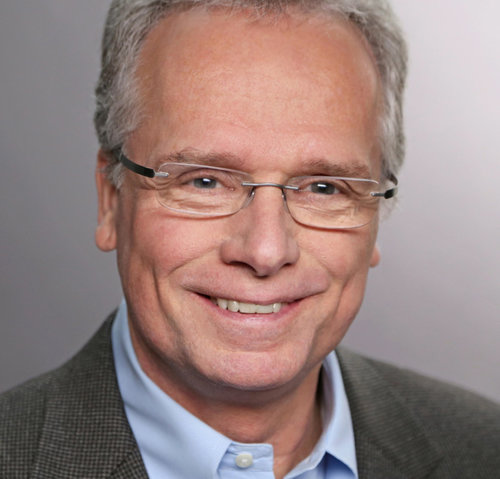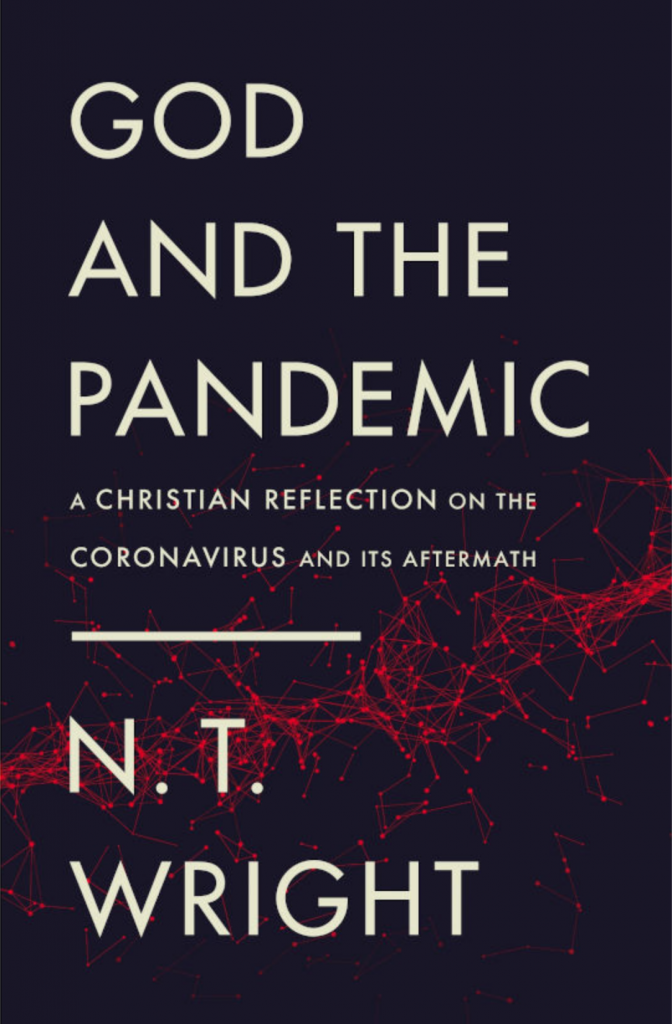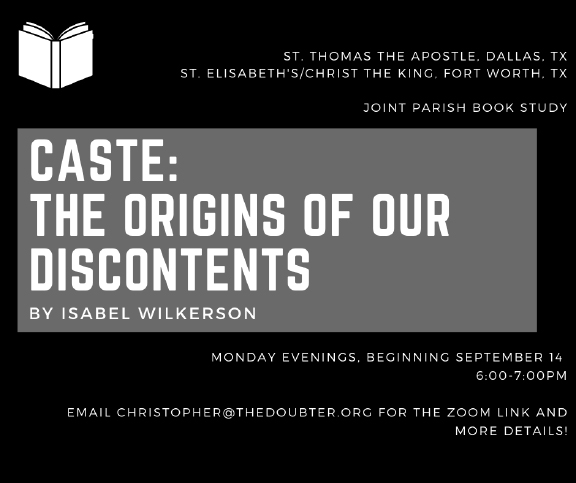
A story is told about a Buddhist monk who was asked what he did before he attained enlightenment. He responded, “I chopped wood and carried water.” He was then asked what he did after achieving the highest state of enlightenment. “I continued to chop wood and carry water.” The point is that living a mindful, spiritual life does not always lead to dramatic changes in our or behaviors, although it indeed may. Living a mindful, spiritual life changes us on the inside; it changes our perspective on life. What we do may not change, but our mindset while doing it will likely shift. All that I just shared with you came to my mind early this week when I was raking leaves. If you were to walk by my house while I was raking, you might think to yourself, “There’s a guy raking his lawn.” This would be true, but…



